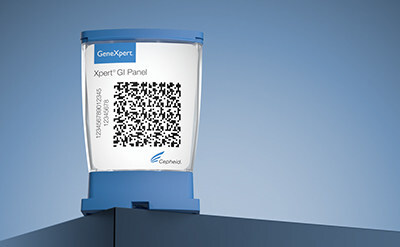AbbVie has announced encouraging topline results from its Phase III TEMPO-2 clinical trial, evaluating tavapadon as a monotherapy for early Parkinson’s disease.
The trial met its primary and key secondary endpoints, demonstrating significant improvements in motor and daily living functions. These findings underscore tavapadon’s potential as a first-in-class treatment option, addressing unmet needs with strong efficacy and manageable side effects.
The TEMPO program forms the foundation of AbbVie’s efforts to develop tavapadon as a versatile therapy.
TEMPO-1 and TEMPO-2 focus on early-stage monotherapy, while TEMPO-3 evaluates adjunctive use with levodopa for advanced stages.
TEMPO-4 is a long-term extension study assessing safety and tolerability.
TEMPO-1 recently reported positive results, and TEMPO-3 outcomes are anticipated in early 2025, aligning with AbbVie’s plans for a New Drug Application (NDA) submission.
XTALKS WEBINAR: Scalable Functional Service Provider Solutions for Biopharma: Redefining Clinical Trial Success
Live and On-Demand: Tuesday, February 11, 2025, at 11am EST (4pm GMT/UK)
Register for this free webinar to gain insights into designing and implementing scalable, fit-for-purpose functional service provider (FSP) models that drive business transformation through collaboration and innovation.
Tavapadon is a selective D1/D5 receptor partial agonist, designed to stimulate dopamine receptors critical for motor control.
Unlike therapies reliant on levodopa — which often wear off and cause motor complications — tavapadon may offer a more selective and sustainable approach.
Alongside its work on early-stage Parkinson’s disease, AbbVie is addressing advanced stages with Vyalev (foscarbidopa and foslevodopa), a recently US Food and Drug Administration (FDA)-approved 24-hour subcutaneous infusion of levodopa that provides continuous motor symptom control.
The TEMPO-2 trial enrolled 304 adults aged 40 to 80 with early-stage Parkinson’s disease.
Participants were randomized to receive tavapadon (5 to 15 mg daily) or placebo over 27 weeks.
Results showed a statistically significant improvement in Movement Disorder Society – Unified Parkinson’s Disease Rating Scale (MDS-UPDRS) Part II (motor experiences of daily living, such as dressing and speaking) and Part III (clinician-assessed motor symptoms, including tremors and rigidity) combined scores (tavapadon: -10.3; placebo: -1.2).
The MDS-UPDRS, ranging from 0 to 184, quantifies motor symptom severity and functional impairments.
Higher scores indicate greater symptom burden, while lower scores reflect improvements.
Tavapadon demonstrated a meaningful reduction in scores, highlighting its efficacy in improving motor function and daily activity performance.
AbbVie’s efforts extend beyond Parkinson’s disease.
Recent initiatives include a collaboration with Gedeon Richter to develop neuropsychiatric therapies and the acquisition of Aliada Therapeutics, whose blood-brain barrier-crossing technology could advance treatments for Alzheimer’s disease and other central nervous system (CNS) disorders.
If approved, tavapadon could become a groundbreaking once-daily treatment, offering new hope for patients managing the complexities of Parkinson’s disease.












Join or login to leave a comment
JOIN LOGIN